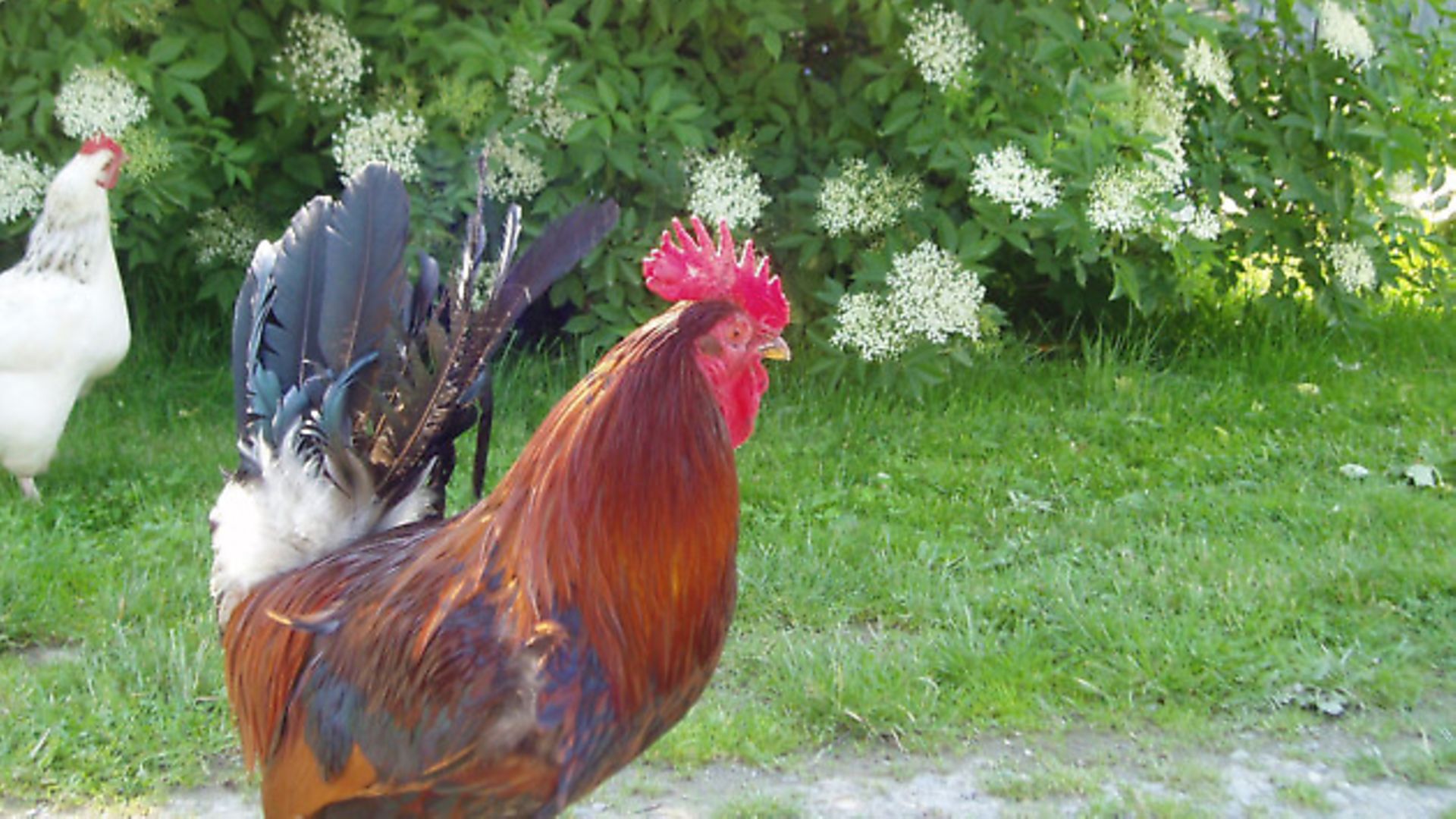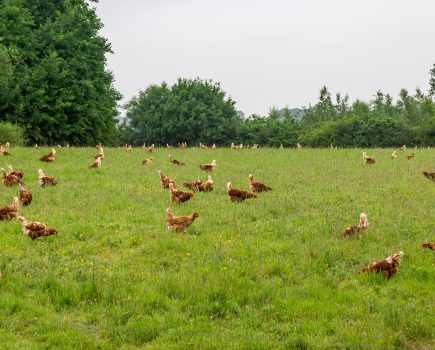Herbal remedies for hens – is it taking pampering too far or sound healthy practice?

Chicken keepers are bombarded by adverts for products to cure chickens of everything from scaly leg to depression. There are tonics available to make your chickens’ feathers gleam; to give them a clean and shiny gut; and to make their eggs yolkier and tastier. Then, of course, there are all the proprietary feeds enriched with ‘essential’ this and ‘antibacterial’ that. If you were to buy one of each of these products you would end up spending a fortune. You would also find that you needed to build a whole new chicken shed in which to keep the products. But is it possible to create a natural chicken tonic by simply growing the right plants and letting the chickens help themselves?
Well, it depends on how picky your chickens are. Herbs such as lavender have proven benefits for a variety of ailments, but as a general rule, chickens won’t touch lavender. Garlic has a reputation as being an excellent anti-worming treatment, but again, it’s unlikely your birds will voluntarily eat garlic. Nasturtium, on the other hand, is very popular with chickens and also said to have anti-worm properties. Tansy, carrots, rocket, kale and spinach are reputed to have similar beneficial results, with carrot in particular being used as a purgative for wormy hens. Peppermint, lemonbalm and other scented herbs planted around the chicken shed are said to help ward off mites. Dandelion leaves are believed to be good for the immune system, and wormwood is supposed to be beneficial against internal and external parasites.
If you turn to your kitchen you will find that several breeders put cider vinegar in chickens’ drinking water to prevent parasites, and live yoghurt is used to prevent diarrhoea and digestive upsets.
How you protect your chickens from parasites and disease will depend on the circumstances in which you keep them. In my experience, if your hens get a basic mixed grain diet, plenty of space to forage in and access to grass, leaves and insects, then preventative medicine is not necessary. Hippocrates said ‘Let food be thy medicine and medicine be thy food’. Like us, hens thrive when their diet is balanced, and the best diet is the diet the chickens choose themselves from a well stocked garden with plenty of plants and insects.
Image(s) provided by:
Archant







